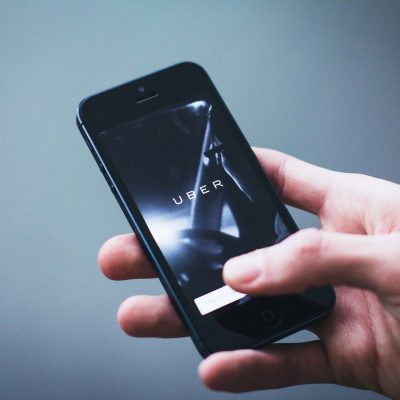As of 17 March 2021, Uber’s UK drivers will be provided with a guaranteed minimum wage, holiday pay and pension following a recent Supreme Court ruling in February this year which held that Uber drivers were workers and not self-employed. This ruling sets a precedent for how employment tribunals will deal with future cases relating to a person’s employment status.
The default position for determining whether a person is a worker or self-employed depends on a number of different factors. However, it is clear from this decision that a higher degree of control exercised by a business that engages individuals will favour an argument that those individuals are to be regarded as workers rather than being self-employed.
The Supreme Court held that a working relationship may not be fully represented by a written agreement, even where it has been signed by both parties, as the real situation and conduct of the parties must also be considered.
The Supreme Court set out five key factors which underpinned the rationale for its decision that Uber drivers were workers and not self-employed:
- Uber has control over how much the drivers are paid for the work they do. Uber sets the fixed fare for each trip and decides the service fee which is deducted from the fares.
- Uber requires its drivers to sign and accept a standard written agreement, which sets out the contractual terms that govern the services performed by the drivers, and the drivers do not have the right to amend this.
- Uber controls the drivers’ choice about whether to accept or decline passenger journey requests once they have logged on to the app.
- Uber has a significant amount of control over how the drivers deliver their services.
- Uber restricts the communication between the drivers and the passengers to ensure that no relationship develops between a passenger and driver beyond the one individual journey. Uber handles all complaints and further interactions.
The Supreme Court, having considered the above factors, dismissed Uber’s appeal and upheld the original finding of the Employment Appeal Tribunal.
The Supreme Court also confirmed that Uber drivers were not only working when driving passengers to their destination, but also when they have their app switched on and are waiting to accept passenger journey requests.
It remains to be seen what the ramifications of this ruling are on similar businesses that operate on the same model as Uber in the UK.
If you would like to speak to our expert legal team about this, or any related subject then please contact our team by phone on 0207 936 6329, Email or by completing our Quick Contact Form below.
